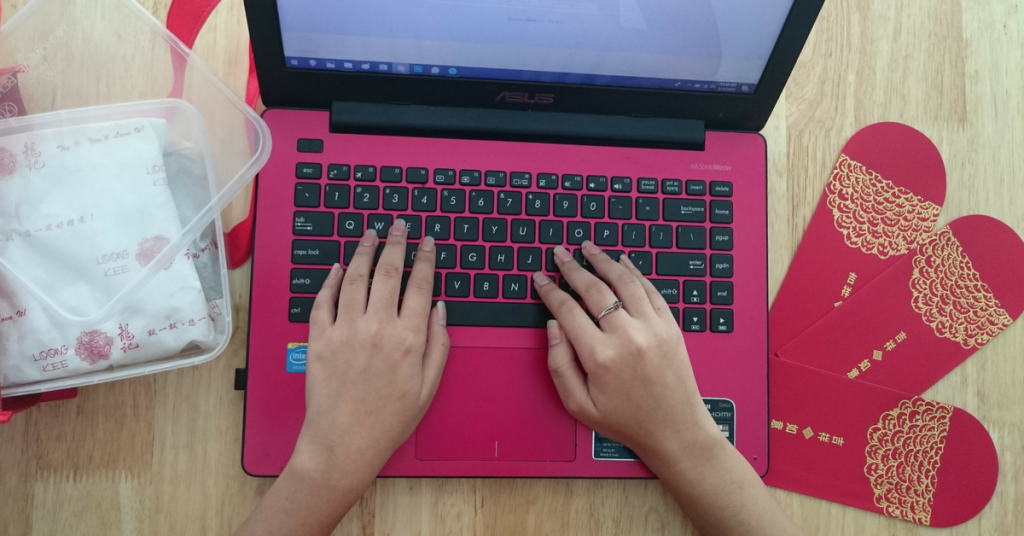While we Malaysians love our festive breaks, we often still fail to figure out how our national holiday system works. So with Chinese New Year just days away, we’ve decided to make things easy for all involved and detail just how the public holiday system during this coming weekend, and whether or not you’re bound by your contract to come in and finish up your report in the middle of your reunion dinner.
We hope when you’re done reading this that you won’t still be asking, “Still need to go office on Monday or not, leh?”
Answer: Unless your boss tells you otherwise. So yes, you do have to work on Monday.
1. You can get the first two days off only IF your company has declared them as paid public holidays.
In accordance with the Holidays Act 1951 and Employment Act 1955, Malaysian workers are only entitled to two days off during Chinese New Year, with those being the first and second day. However this only applies to those whose companies have declared these two days as paid public holidays beforehand.
Yes, your company has the right to not declare the first two days of CNY as paid public holidays. As stated in Section 60D of the Employment Act*, only five of the gazetted 11 paid public holidays cannot be negotiated or substituted, with those being:
- National Day
- The birthday of the Yang di-Pertuan Agong
- The birthday of the respective State Ruler (unless you’re in a Federal Territory, which is replaced by a Federal Territory Day)
- Labour Day
- Malaysia Day
Aside from these five, employers are obliged to pick six remaining public paid holidays from a list that also includes the first two days of CNY. This doesn’t mean that you automatically get your two CNY days off, so make sure that your company has already declared this coming Friday and Saturday as paid public holidays for you before you decide to balik kampung.
When it comes to getting this Thursday off, that’s completely dependent on your company.
*Note that the Employment Act only protects individuals with monthly salaries below RM2,000 or who are involved in manual labour (this then nullifies the RM2,000 wage cap). If you’re not covered by the Employment Act, be doubly sure of what your terms of employment and rights as an employee are, which are set on a case by case basis as you get employed. So check your contract before you sign.
2. What if a public holiday falls on a Saturday?
Once again in accordance with the Employment Act, it’s stated that those covered by the act who work on a paid public holiday falling on a Saturday are entitled to double pay or a replacement holiday—providing that they already go through a six-day workweek as the norm.
The only exception to this rule is if one of those Saturdays happens to be a non-replaceable public holiday (see the 5 listed above). Should this happen, employers are obligated to pay a double wage (triple if you happen to work overtime) to employees, period.
Those working only five days a week are not entitled to any replacements or paid holiday wages should any public holiday fall on a Saturday.
Again, these rules only apply to those covered by the Employment Act. Those not protected by the act will have to negotiate terms with their employers. So again, be vigilant with your terms of employment and know what’s owed to you.
3. My contract says it’s a public holiday, but my boss won’t let me go. What can I do?
First, make sure of what’s stated in your terms of employment, and which days your company has declared as paid public holidays.
Then, if your boss insists that you work on a day that so happens to be a public holiday (it is within their rights to do this), make sure you get double the pay (triple pay for overtime) or a replacement day off (this doesn’t apply to non-replaceable public holidays—see the list in point 1).
Should your employer renege on any agreement made in black and white, you then have the right to take legal action. But don’t file a lawsuit just yet as those cost a pretty penny. Instead, bring up these issues with the Department of Labour Peninsular Malaysia and see how they can help.
###
Now that you’ve gone through these three simple points, we hope that you understand how our local public holiday system functions, and whether or not you get to have the coming weekend off and spend time with your loved ones. Happy Chinese New Year!














